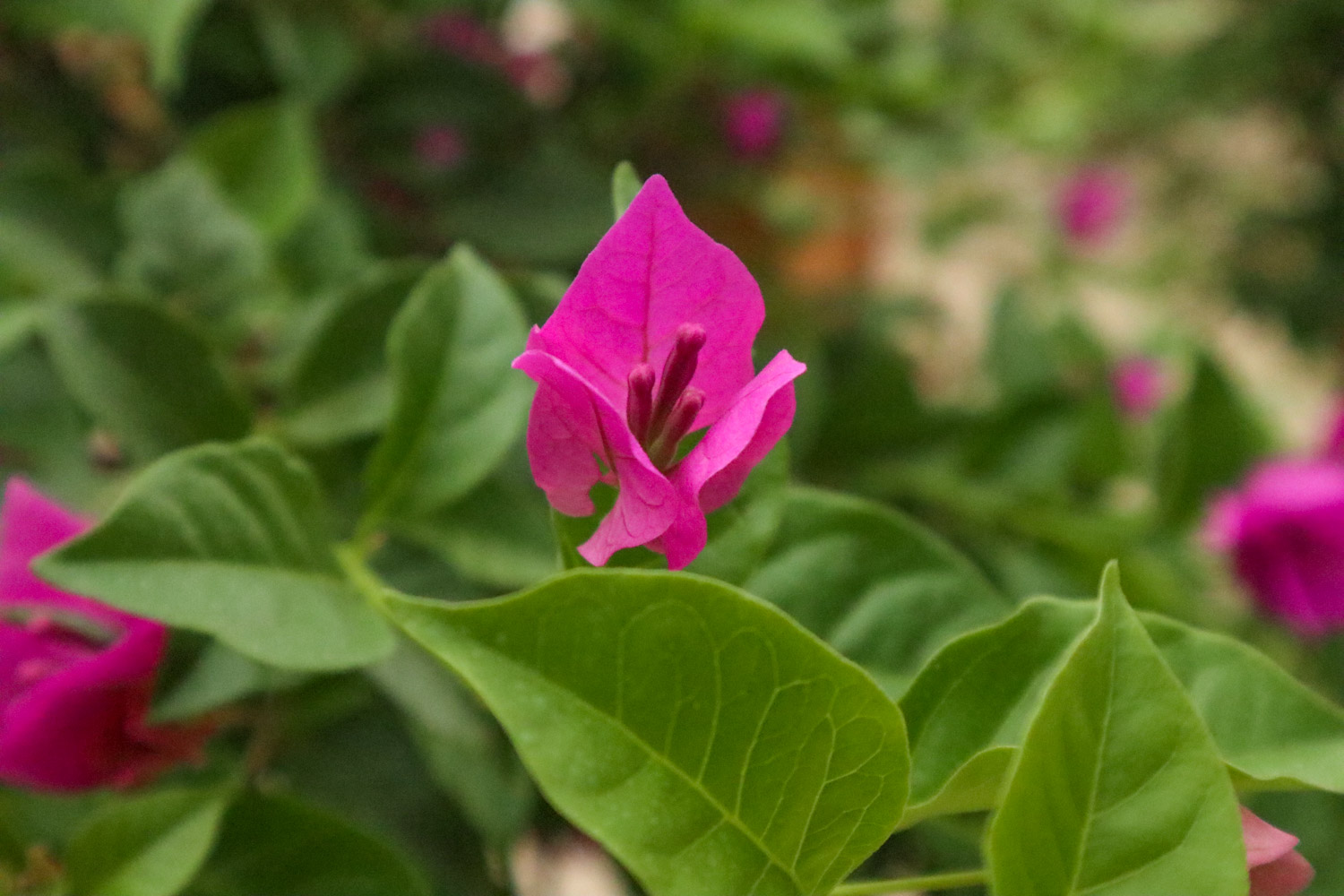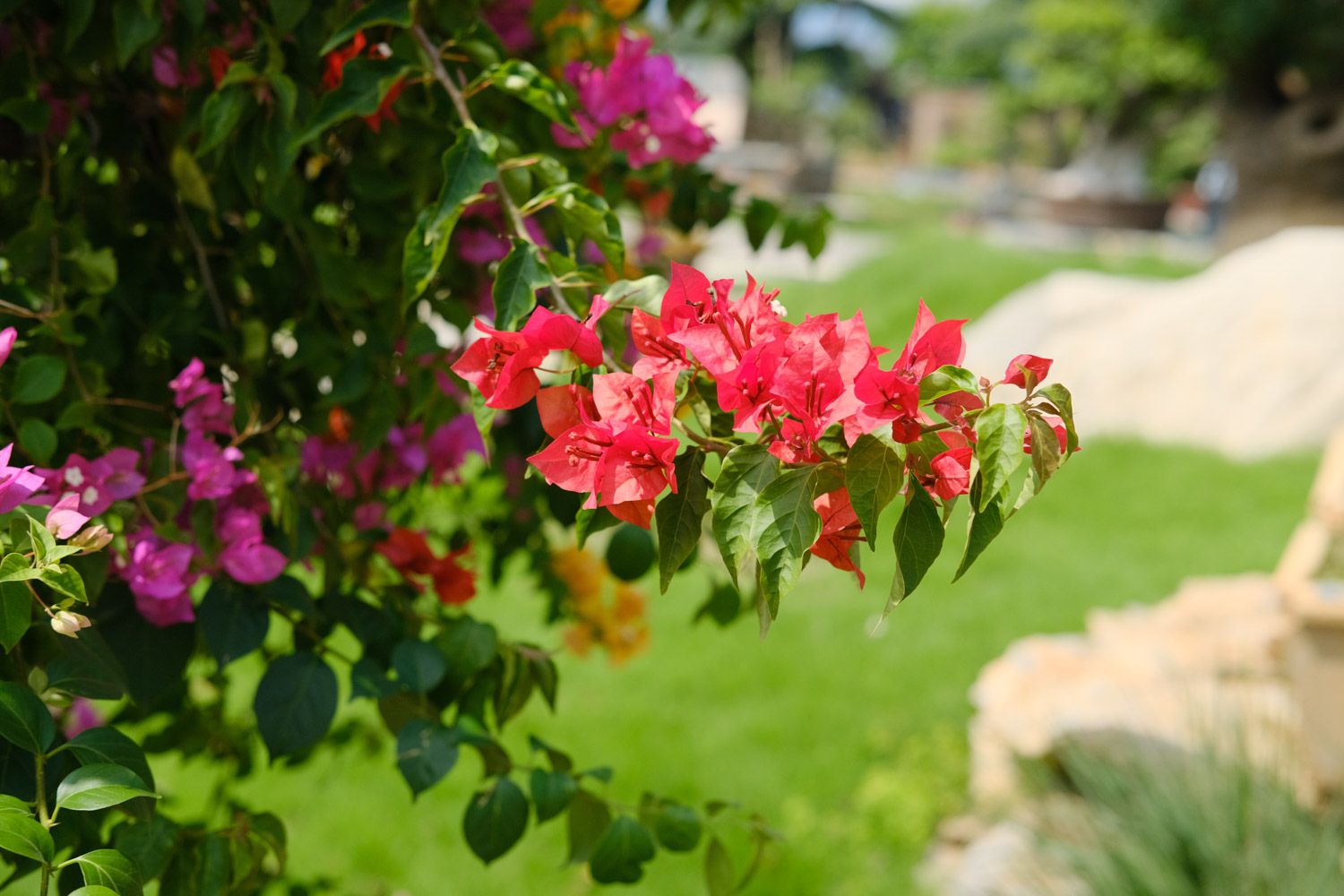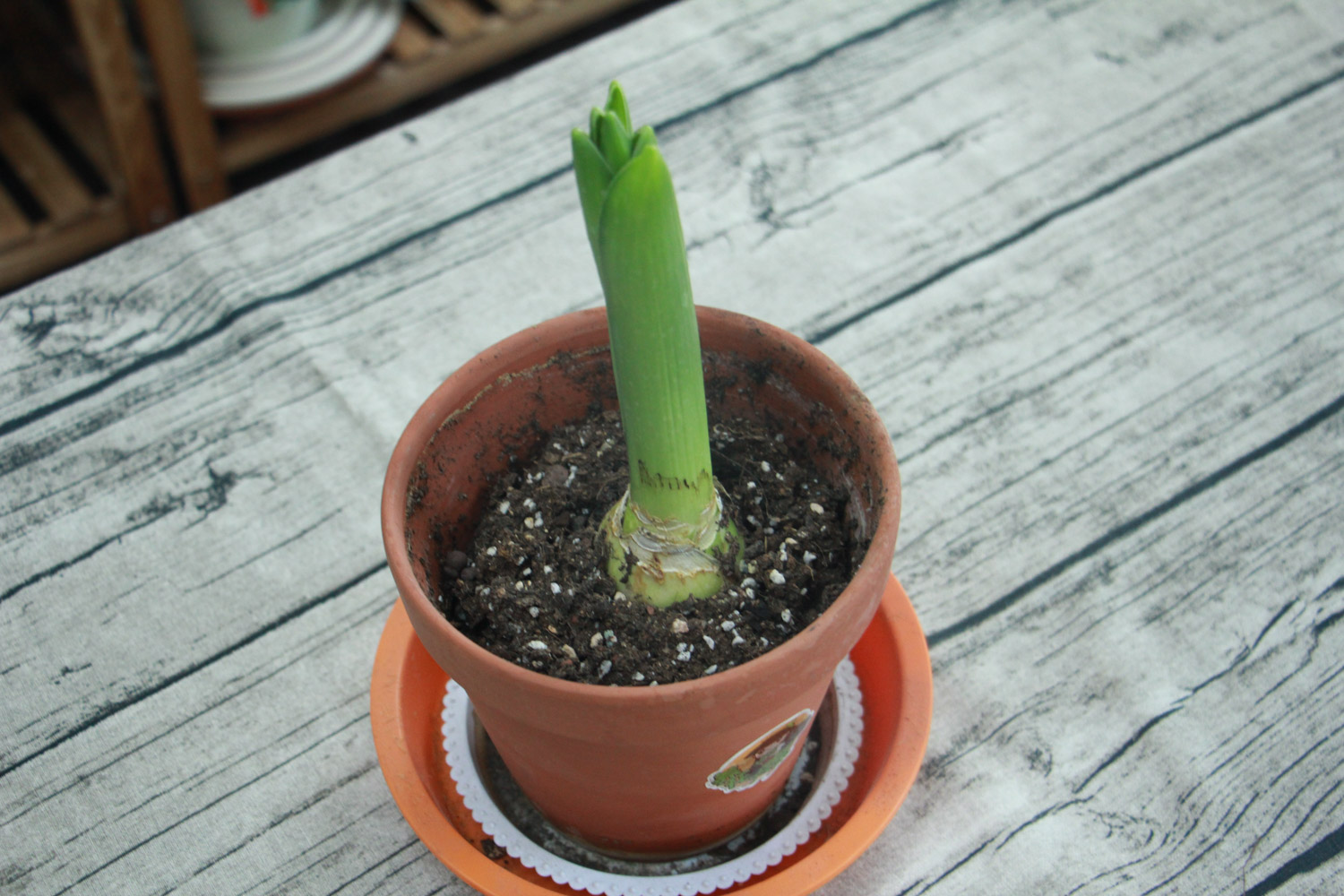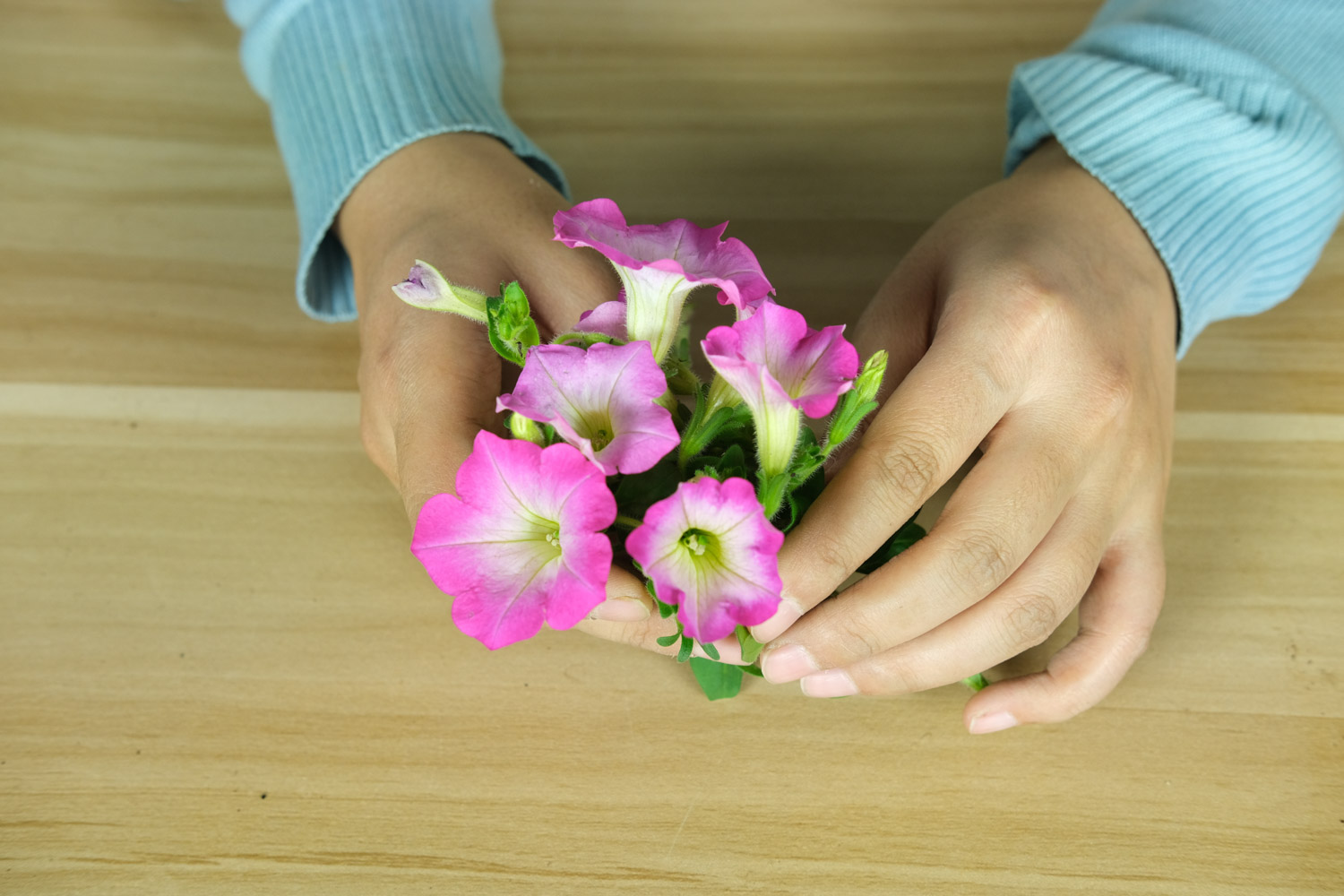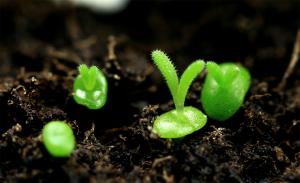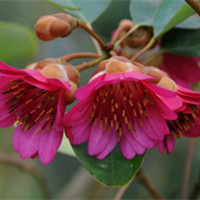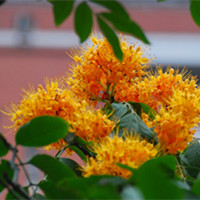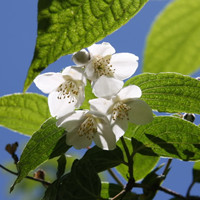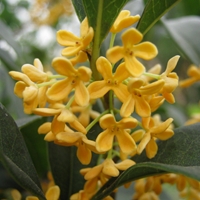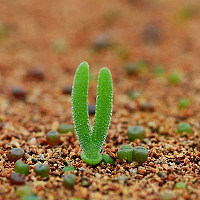Bi halo alias
Jade rabbit ear
Morphological characteristics of Bi halo
Green halo leaves are translucent, full of granular feeling, very cute. Moreover, it has branches and stems and is easy to grow in groups
The flowers are generally white, the fruits are in the shape of Yuanbao, and the seeds are 50-150
Stem thick, fleshy, with nodes. The leaves are fleshy and two-state. During the growth period, the leaves are slender and opposite, often not connected. The dormant leaves are short and thick, hemispherical, and the opposite leaves are highly connected
Bi halo growth habit
Native to South Africa, it is a very drought tolerant pulpy plant. There is not much demand for sunshine, so we must shade, ventilate and cut off water in summer
When the temperature is too high in summer, it will dry up and directly enter the dormant state. After boiling until autumn, watering can restore growth
During the spring and Autumn period, water can be supplied frequently to keep the rabbit's ears upright. Rabbit ears collapse when water is scarce
Bi Guanghuan family maintenance method
Suitable temperature for growth
The suitable temperature for the growth of Bi halo is generally 15-25 degrees, and not less than 5 degrees in winter
When the temperature exceeds 35 ℃, the whole plant will wither and directly enter the dormancy period
Soil
Generally, peat, vermiculite and perlite can be selected for artificial cultivation, and a large amount of granular soil (conducive to drainage and air permeability) can be used. Deep pots can be used for developed roots
Water and fertilizer management
Watering: watering during the growth period is completely dry, and no water supply is needed during the dormancy period
Fertilization: thin fertilizer can be applied during the growth period, and fertilization should not be too frequent
Breeding mode
The main propagation mode of Bi Guanghuan is sowing, and it can also be propagated separately
Suggestions for planting combination: rainbow jade

